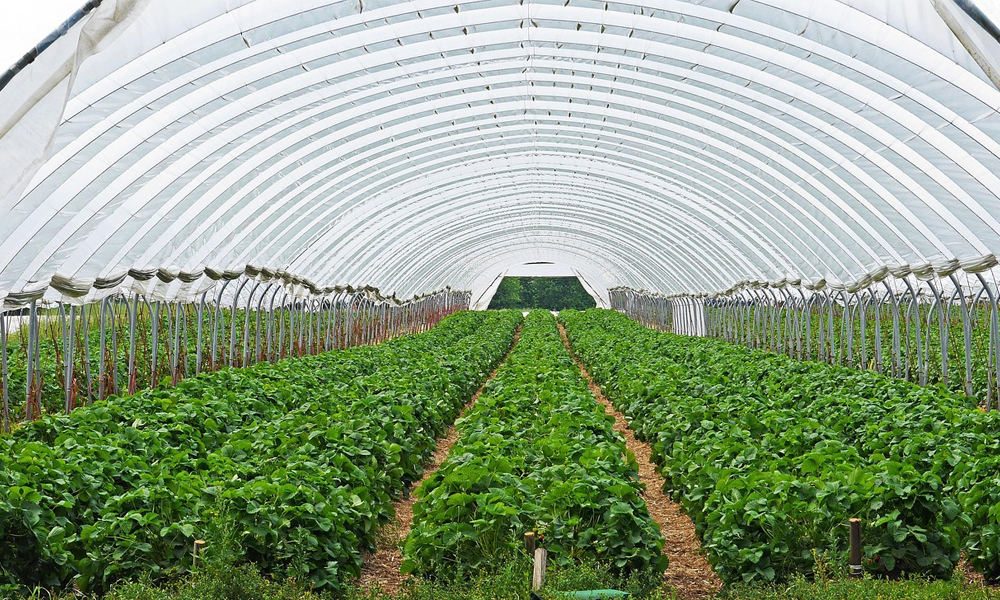Smart Greenhouses: Energy-Efficient Solutions with Precision Climate Control
Jul 13, 2023
Smart Agricultural Greenhouses: Advancing Sustainable Crop Production
As global population growth and climate challenges intensify, smart greenhouses have become critical for modern agriculture, offering controlled environments and resource efficiency. Below is an in-depth analysis of their features, advantages, and market trends:
1. Core Product Features
Precision Climate Control: Integrated sensors monitor temperature (±1% accuracy), humidity, and CO₂ (adjustable 500-2000 ppm) with automated shading systems (deployment <30 sec).
Modular Structural Design: Aerospace-grade aluminum frames (wind resistance up to Level 12) and double-layered ETFE film (95% light transmission, 80% UV blocking) ensure 15-20-year lifespan.
Integrated Hydroponic-Fertigation Systems: Combines drip irrigation and misting, reducing water use by 50% and boosting fertilizer efficiency to 90% (vs. 40% in traditional farming).
Renewable Energy Integration: Solar roofs (50 kWh/m²/year) and geothermal heat pumps cut energy costs by 60%.
2. Performance Advantages & Data-Driven Results
Yield Multiplication: Dutch Venlo greenhouses produce 75 kg/m²/year of tomatoes (vs. 8 kg/m² in open fields)2; Chinese strawberry greenhouses enable year-round harvests, increasing output by 300%.
Extreme Climate Adaptation: Desert greenhouses in the Middle East stabilize internal temps at 28°C (external: 45°C) via seawater cooling.
Pest/Disease Reduction: HEPA air filtration (99.97% PM2.5 removal) slashes pesticide use by 70%.
3. Application Scenarios
High-Value Crops:
Japanese plant factories use customizable LED spectra (4:1 red-blue ratio) to shorten lettuce cycles to 25 days (vs. 45 days traditionally).
Dutch rose greenhouses extend blooming periods by 30% with UV supplementation, boosting export prices by 20%.
Extreme Environments:
Antarctic research stations grow 1.2 tons/year of vegetables using multi-layer insulation and artificial lighting.
4. Market Drivers & Policy Support
Global Market Growth: Valued at 2.98B in 2023**‌, projected to reach ‌**4.8B by 2028 (CAGR 8.9%).
China’s Subsidy Programs: 30% subsidy on greenhouse construction costs drives 120,000 hectares of annual expansion.
EU Sustainability Mandates: Netherlands requires 50% renewable energy for greenhouses by 2025, accelerating solar adoption.
5. Future Innovations
AI-Powered Decision Systems: Machine learning predicts crop water needs (<5% error), optimizing irrigation.
Carbon Capture Integration: UK pilots recycle greenhouse CO₂ for algae cultivation, achieving carbon negativity.
Vertical Farming Tech: Singapore’s Sky Greens tower designs increase land efficiency by 800%.

